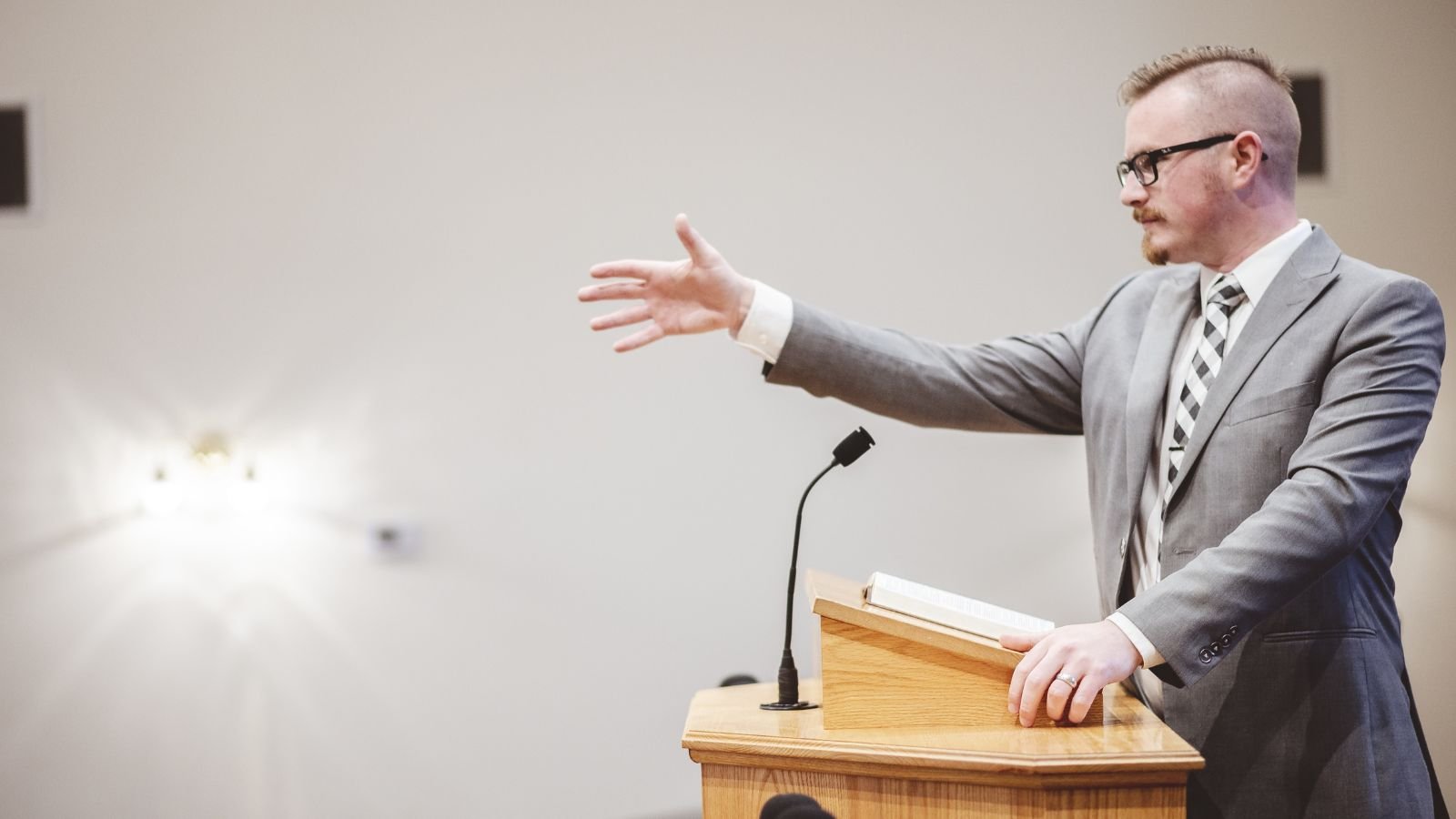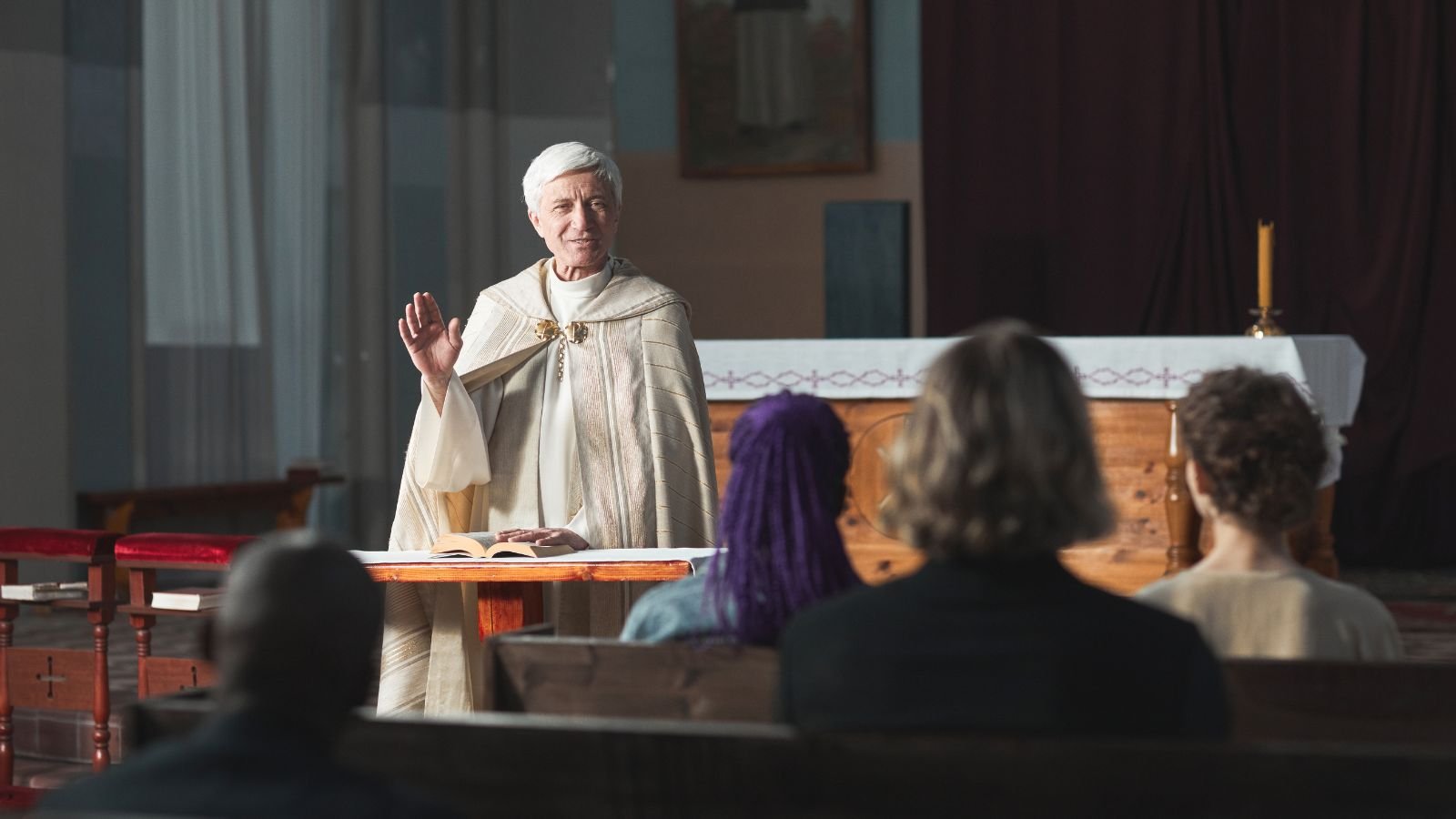In recent years, there has been a decline in attendance at religious institutions across America. It spans across all generations but is especially visible when it comes to baby boomers. Once renowned for stability and belonging, religious communities now face dwindling numbers.
Failed Church Experiences

After enduring disappointing church experiences, many boomers wonder if it is worth trying again. Some grow weary of church politics and drama, seeking a community that prioritizes the essence of the gospel. When churches fail to provide spiritual nourishment, individuals may seek fulfillment elsewhere. This disillusionment often stems from a desire for genuine connection and a deeper understanding of faith. This may be lacking in their current church environment.
Scientific Discoveries

Scientific advancements, particularly in areas like evolution, challenge traditional religious narratives. Increasingly, people find scientific evidence more compelling than scriptural accounts. This is leading to skepticism towards religious teachings. This clash between science and religion underscores the importance of reconciling faith with empirical evidence to foster a more nuanced understanding of spirituality.
Pressure of Regular Attendance

While church attendance is encouraged, the pressure to attend regularly can be more social than spiritual. Expectations from religious leaders or peers may overshadow individual convictions. It leads to feelings of obligation rather than genuine faith-driven attendance.
Cultural Shift

In an era of questioning traditions, religion struggles to maintain evidence. The cultural landscape prizes critical inquiry and challenges outdated norms. This shift has prompted many believers to disengage from institutionalized religion. Many have started seeking spirituality outside traditional confines. It reflects a broader societal trend towards individualism. It has also led to the rejection of dogma in favor of personal exploration and authenticity.
Too Authoritarian

Modern society rejects hierarchical authority, including religious institutions. The concept of God as the ultimate leader conflicts with contemporary values of autonomy and equality. The authoritarian structure of Christianity alienates those seeking more egalitarian communities. This tension between religious doctrine and societal values conveys the need for churches to adapt. They need to embrace more inclusive and participatory models of leadership and governance.
Changed View on Scripture

As individuals mature, they question simplistic interpretations of scripture taught in their youth. Blind obedience gives way to skepticism, leading to disillusionment with church leadership. Many reject dogmatic teachings, seeking spaces that encourage critical thinking and open dialogue.
Media Influence

Online platforms amplify negative experiences with the church and promote atheistic viewpoints. Exposure to such narratives can erode faith and drive young Christians away from churches. It influences disengagement from church communities. By leveraging digital platforms, churches can foster authentic community and engage with contemporary issues in a meaningful way.
Politics Not Aligning with Beliefs

Mismatched political views within church communities can lead to disillusionment and departure. Some boomers, expecting uniformity in political affiliations, were shaken by differing perspectives. Losing their church community, they lost interest in churches together, searching for solace elsewhere.
Challenges of Life

Life’s hardships can strain faith. It can trigger skepticism and doubt. Grieving, divorce, or personal crisis may shake one’s belief system. It leads to the reevaluation of religious convictions. While searching for solace in the community, boomers may find traditional religious responses inadequate.
Struggle to Find Meaning

Traditional religious messages may struggle to resonate with modern values. This leaves many boomers feeling disconnected. Interpreting ancient texts in a contemporary context can be challenging. This leads to feelings of confusion and alienation from churches. This struggle highlights the need for churches to adapt their messaging and practices. It should address the existential concerns of modern believers and provide meaningful avenues for spiritual exploration and growth.
Hypocrisy

Instances of hypocrisy among clergy members can erode trust in religious institutions and teachings. Discrepancies between preached moral values and observed behavior undermine faith and credibility. It causes disillusionment among believers.
Joining Other Religions

Despite being taught exclusivity, some are drawn to explore alternative spiritual paths. Changing beliefs or life circumstances may make other religions more appealing. It offers different perspectives on spirituality and values. The desire for autonomy and diverse experiences drives exploration beyond Christianity. This trend reflects a broader cultural shift towards religious pluralism and the recognition of spiritual truth in diverse traditions.
Private Prayer

Many individuals find solace in private prayer. They opt to express their devotion to the intimacy of their homes. Amid busy congregations, personalized spirituality can be difficult to cultivate in traditional church settings. Practicing mindfulness and prayer at home allows for a deeper connection with one’s faith. It allows them to remain free from the distractions of communal worship.
Conflict with Personal Views on Social Issues

Contemporary social issues like abortion and human sexuality challenge personal beliefs within church communities. Disagreements over these divisive topics can lead boomers to feel alienated or unwelcome in their congregations. This inability to reconcile personal values with church teachings can prompt some to disengage from churches altogether.
Cliques

Despite the sense of community churches aim to foster, cliques can form, alienating newcomers or those outside established social circles. Feeling excluded from these tight-knit groups can diminish the sense of belonging and connection that boomers look for in their faith communities. Building inclusive environments that prioritize welcoming newcomers and fostering genuine connections can help mitigate the formation of cliques.
Misconduct in Church

Revelations of misconduct and abuse with religious institutions have shattered trust and tarnished the reputation of churches. Victims’ stories have highlighted systemic issues and failures in addressing wrongdoing. It leads to boomers questioning their faith and distancing themselves from church involvement.
Moral Pressure

The pressure to adhere to strict moral codes can create feelings of guilt and inadequacy among believers. Fear of divine judgment for perceived sins may lead individuals to experience anxiety and stress. It strains their relationship with churches. Providing avenues for open dialogue and support can alleviate the burden of moral pressure. It can create a more compassionate and understanding faith community.
Digital Alternatives

The rise of digital platforms offers convenient alternatives to traditional church attendance. Faith-based podcasts, online services, and virtual communities provide accessible avenues for spiritual engagement. This is especially true in light of the pandemic’s impact on religious practices.
